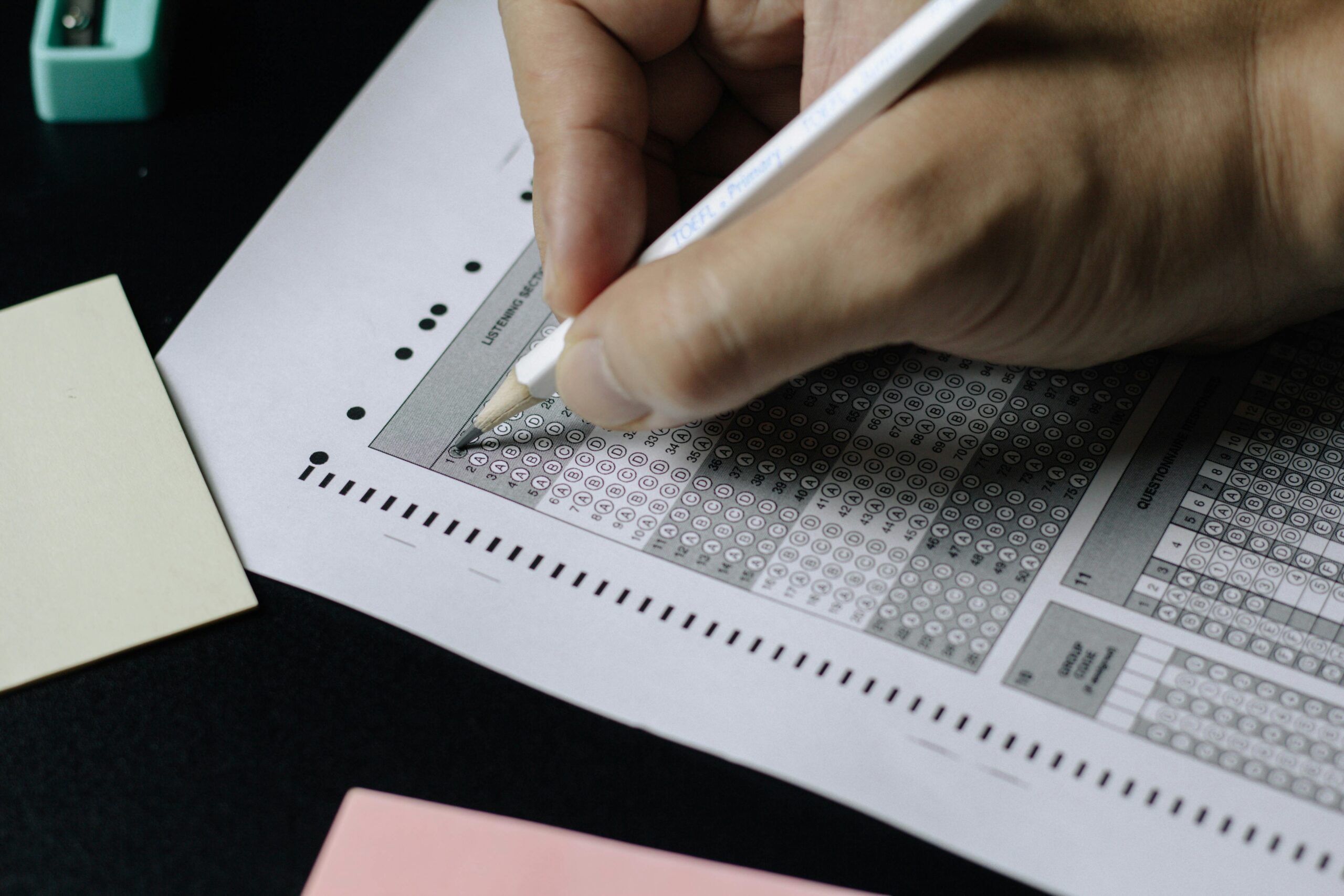This research attempts to outline the various ways through which curriculum innovation could tackle the Challenge posed by Examination. Specifically, the study attempts to justify the need to conduct examinations at the end of the various programmes.
The reasons for candidates’ decision to pass by all means, identify the agents responsible for the various examination malpractices and argue that the threat of examination could be reduced through curriculum innovation.

Introduction
Most of the evil attendant on the present examination system has accumulated because examinations are isolated from teaching and learning and are considered and announced with authority by the school and accepted with awe by the pupil (Phillip, H.M., 1975).
The attempt is not to go into any philosophical notations on these terms. Curriculum, Innovation and Examination. It is, however, expedient that the implication of this educational jargon is clear.
Focus 1
For instance, Curriculum can be explained according to Odubunmi and Salawu (1994) as all the desirable learning experiences, cognitive, psychomotor, and affective plans for the learners under the direction of the school.
This will achieve educational goals, experiences, and procedures. Strategies and materials employed for the effective reconstruction of such experiences
From the above, the practice in most schools (tertiary institutions inclusive) is that (1965) is just a school educational programme.
Focus 2
The areas of procedures, strategies, and materials that should be properly selected on a sound psychological basis are often neglected.
The implication of this is that even if the learning experiences and subject contents involve professional competencies would be involved in the implementation.
Therefore, any notion of the term Curriculum that is not as comprehensive as explained is likely to breed failures in the examination.
Focus 3
Innovation, per se, connotes a form of change brought about as a result of discovery, invention, or research and development. According to the Chambers Dictionary, to innovate is to introduce something new, to renew, to make changes, or to introduce novelties.
Nisbet (19,75), however, describes curriculum innovation as any new policy, syllabus, method, or organisational change which is intended to improve teaching and learning. He emphasises the improvement of teaching and learning.
Focus 4
Examination and test are words often used interchangeably. The examination is a test of capacity and knowledge. The examination is limited in its usefulness in indicating attainment (Hills,1977).
The point here is that more often than not, an examination or test is used for evaluation without considering the other processes of measurement and assessment. For instance, assessment deals with identifying the status of individuals or groups concerning expected outcomes.
Therefore, an individual cannot be assessed unless he responds to a scale(measurement) that will enable him to be ranked. The result of his assessment of others in his group will lead one to decide his performance(evaluation).
The Need for Examination
The examination has two major purposes. Selection and evaluation: The selection function deals with decision-making, which may or may not be made y people within a given school system.
A six-year-old child seeking admission into the primary one class may face an informal examination by the head teacher of the school of his choice. Maybe for admission to higher education.
Focus
The selection may be to the various academic departments, careers, or employers based on what requisite qualifications demanded for their job. On the other hand, Taba (1962) identified the following specific roles of evaluation.
Clarification of the objectives of the point of describing which behaviours represent achievement in a particular area. The development and use of a variety of ways for getting evidence on changes in students that evidence.
Appropriate ways of summarising and interpreting IW The use of information gained on the progress of students or the lack of it to improve curriculum, teaching, and guidance.
Facing the challenge of examination Malpractice Through Curriculum Innovation
From the above analysis, it could be gathered that examinations are needed to assist the teachers, learners, government, and the general public at large in making rational decisions. In particular, they are used by teachers to improve the process of teaching and learning.
Results of examinations are important to the candidates who may have to decide on a course to study, or, inther they could benefit from the school system. Such results may serve the purpose of either r positive reinforcer or a negative reinforcer to achieve the desired goal.
However, Piaget(1963) raised several questions about the relevance of examination to education and teaching.
Focus 1
He argues that if education is concerned with learning how to think rather than with the acquisition of information or knowledge, then examinations, which usually measure the latter, are irrelevant. He queries the persistence of the information or knowledge demonstrated in the examination.
Since most specific facts and information acquired by rote learning are not retained for long, what use is the acquisition in the first instance?
Apart from the undesirable emotional effects that examinations have on candidates, irrespective of age and level, he further argues that our examinations emphasise memorisation of facts.
Focus 2
“Examination that emphasises memory work has no relation, generally speaking, to what is employed consciously in life, since it is, in fact, no more than a deliberate and ephemeral accumulation, in other words, a mental artefact”
The foregoing is an explication of the implications of the sociological and psychological foundations of curriculum innovation.
Why passing by all means
Nigeria is one of the countries of the world suffering from the ritualising disease of qualifications, or what Dove(1976) called ‘the Diploma Diseases’.
Our reward system has much to be desired. In line with(Banjo,1953)”He that does good, having unlimited power to do evil, should be praise., not for the good he does, but for the evil which he eschews”.
The stand of society as an organic entity appears to be a major factor for this almost uncompromising decision to pass by all means.
Good jobs and fair pay are given to people who have pursued and passed certain courses in tertiary institutions.
Only the cognitive domain is often emphasised; Nobody wants to know if the certificates that ‘X’ and ‘Y’ hold are obtained through cheating or other forms of examination malpractices.
Summarising this, Denga (1991)asserts, “Examination malpractice is the product of a society that nurtures cheats and mediocre and turns them into celebrities.
Conclusion
It is a reflection of the moral decadence of our country…”In an interview conducted by this writer, in a college of education, 170 out of 200 randomly selected students (85%) across levels and departments identified the following as major reasons why students who sit for an examination may want to pass by all means. Read more similar posts on our research page of the site.
- Laziness on the part of the students may be the direct effect of society’s influences.
- Insufficiency of time, recently as a result of teachers’ strikes
- Teachers’ attitudes to teaching as a result of apathy. Invariably, the students may not have been adequately prepared.
- Emphasis on certification and the resultant denial to obtain a job, even when it is clear that, based on the aptitude and ability of the seeker, there could have been a waiver. The certificate is taken as a meal ticket.
- Some parents may not want to listen to any explanation as to why their child fails and could use their resources to obtain a pass for their ward.
- The high cost of examination, for example, the West African Examinations Council charges as high as two thousand naira(N2,000.00)for the Senior School Certificate Examination and even more if the candidate is to offer a science subject. Private candidates pay cutthroat fees.










